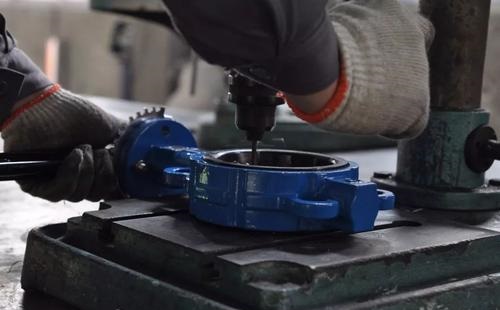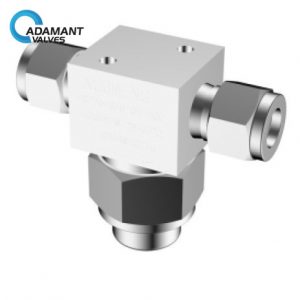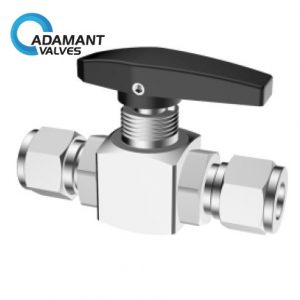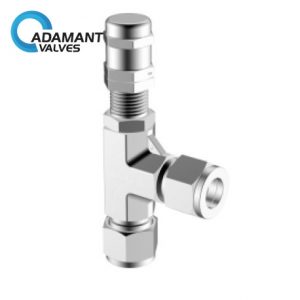The Benefits of Utilizing Sanitary Pumps
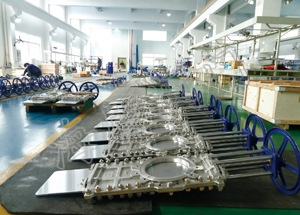
Sanitary pumps are designed to handle products related to the pharmaceuticals, cosmetic, healthcare, dairy, and food industries. These industries generally rely on equipment that can be easily and quickly cleaned or sterilized at regular intervals. This ensures that no contamination of products takes place. Such products may include liquids that dry quickly or form films, different colors, or other varying liquids. This design of the sanitary pumps makes them ideal for aseptic applications. Some applications of sanitary pumps include:
- Flavorings and food additives- These may include pumps that are used in restaurants to dispense an array of foodstuffs. The pumps can handle a wide range of products. These range from clear fluids, and clean liquids to abrasive fluids.
- Food dispensing- examples of food that can be dispensed include ice cream.
- Dairy products- These include creams, etc.
- Filling machines- These may include soda refill machines.
- Cart mounted transfer- These may be used by street food vendors.
- Cosmetics and pharmaceuticals.
One advantage of these pumps is that those parts that come into contact with liquids are made of stainless steel. The pump can easily be disassembled for sterilization or cleaning purposes. The pump components such as bearings and seals are less vulnerable to wear due to friction. This means that apart from some unique components that may need replacement or repair, they generally require less maintenance. Their premium components and simplicity in design minimize maintenance requirements.
Apart from their innovative design, the pumps are very competitively priced. Their quality is unassailable because they are regarded as some of the most modern pumps on the market. They are worth every penny spent on them.
The pumps are very flexible in terms of their sizes and specifications. This makes them affordable because their prices are determined by the specific needs of the client. The pump operation produces very low noise levels. This makes it ideal for environments that require minimal disturbances. These may include health care centers etc.
The pumps are also EHEDG-approved. Their operation is very cost-effective depending on their sizes. Low flows and high performance are possible even in small-sized pumps. The pumps allow for accurate flow on small repetitive quantities. The non-pulsating flow also allows for applications that are shear sensitive. The sanitary pumps are capable of self-priming.
The sanitary pumps are available in models that are cost-effective. These include cost-saving hygienic models. Other models include Close Coupled models and Bare Shaft. Temperature specifications for sanitary pumps range from 240 degrees Fahrenheit. They can withstand pressures of up to 150 psi. Their holding capacities range from 0.2 to 15 gpm.
Some models provide contamination-free pumping using additional features. These features include hose pumps and peristaltic tubes. Other features include retractable shoes that allow the equipment to be cleaned in place (CIP).
Models that are designed for CIP operations include those meant for food bottling, dairy plants, packaging, and pharmaceutical. These allow the models to improve their productivity while lowering operational costs.

